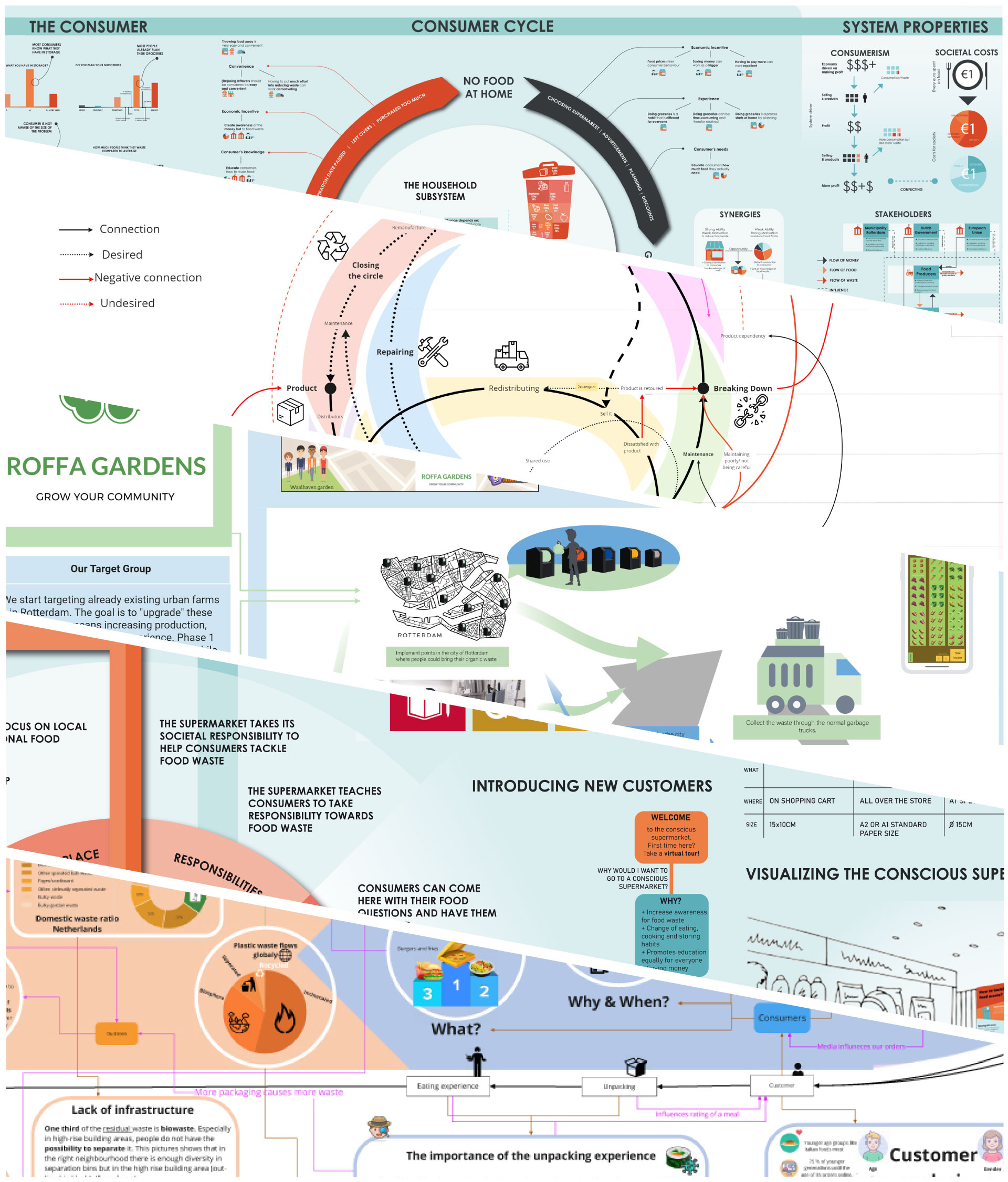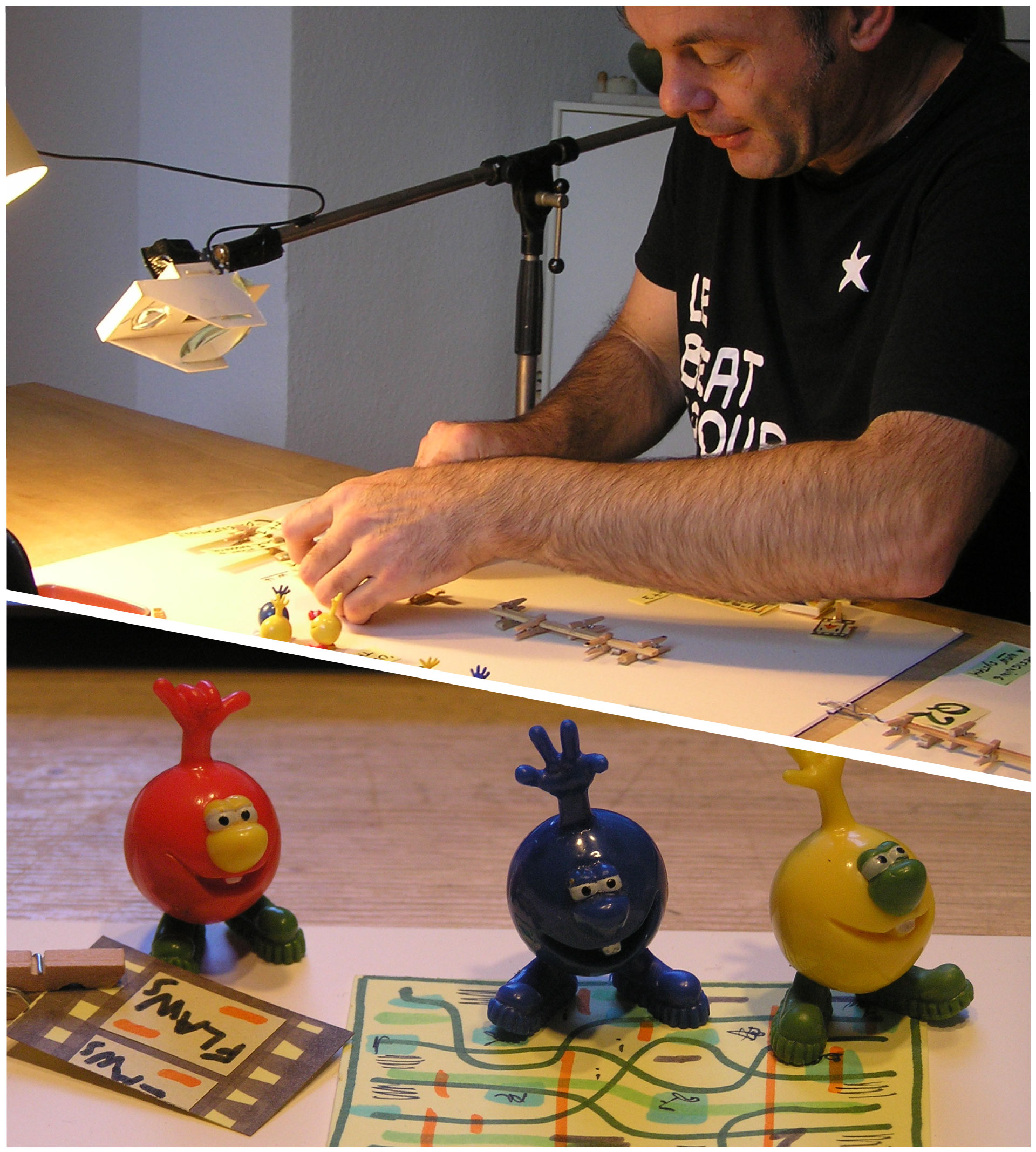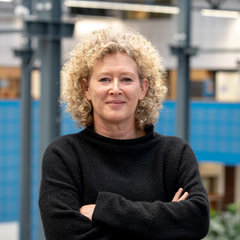Solutions for the society of the future: the Designing Sustainability Transitions minor
Tackling the wicked sustainability problems of future society. This was the bold ambition of the coaches and students of the of the second edition of the Designing Sustainability Transitions minor. They faced their challenge head-on with bravery, creativity and determination. Not even the wicked challenge of having to do this remotely deterred them from envisioning and configuring long-lasting solutions for such challenges.
The Design Challenge
For the second cycle of the minor “Designing Sustainability Transitions”, initiated by IDE’s Assistant Professor Jotte de Koning, students from all TU Delft faculties could sharpen their minds on wicked sustainability issues.
The minor has offered an array of courses focused on sustainability issues deeply interconnected with the Design Challenge, the “spine” of this minor that runs from day one until its conclusion. True to the nature of the minor, it recognises that fruitful, long-lasting changes towards a more sustainable future require a systemic approach. Not just narrow-scoped product design, but imagining entire futures that are desirable, feasible, viable and - of course - sustainable. Futures that are made possible - or at least more likely - thanks to a newly developed product, service or system. Wicked problem solving on a whole different level!
Real clients with pressing problems were involved from the start. Modern design tools like Gigamapping, Back Casting and Scenario Thinking together formed a design course in which the design takes place at the highest imaginable level of abstraction: society.
Strange days have found us
The first edition of last year’s minor clearly showed that such an endeavour demands quite some dedication and concentration from everybody involved - students, teachers and stakeholders. Back then, however, the studio offered the ideal place to physically meet, establish synergies, discuss ideas, try out and find solutions. The online environment in which the minor had to be held this year imposed an extra challenge, as the students, clients, teachers and coaches could only meet digitally, just like the rest of the world… apart from some cherished Thursday mornings on campus! (visual coaching)
Each person involved had to constantly improvise and learn because of this, especially about how small groups discuss and dialogue better online than large ones and about how, yes, mind-mapping platforms such as Miro are a nice addition in a designer’s tool belt, but nothing beats a good old live group ideation session, plenty of markers and a few square meters of whiteboard! We learned that the typical IDE coaching style relies heavily on being there in person, and that the coaches had to invent digital coaching styles from scratch.
As a final view on the work of the Design Challenge students the coaches enthused: “'Delivering results that are so big, interwoven, systemic, far-reaching and inspiring is quite an achievement. Even more when done in such a situation! Well done, sweeties!”
The Minor Designing Sustainability Transitions was made possible through a wide range of design coaches, external experts, IDE lecturers, course coordinators and student assistants that did not falter under the shadow of COVID. Of course they didn't! They are sustainability warriors. They are all in it for the long game.
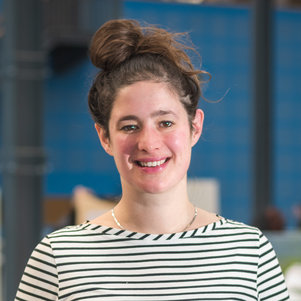
Jotte de Koning
- +31 15 27 89028
- jotte.dekoning@tudelft.nl
- Scopus profile
-
Room B-3-320
Mo-Th-Fr
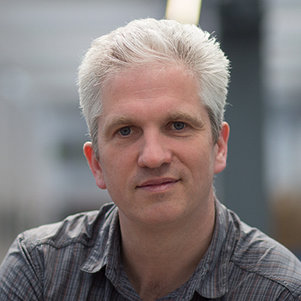
David Klein
- D.Klein@tudelft.nl
-
Room B-3-040
